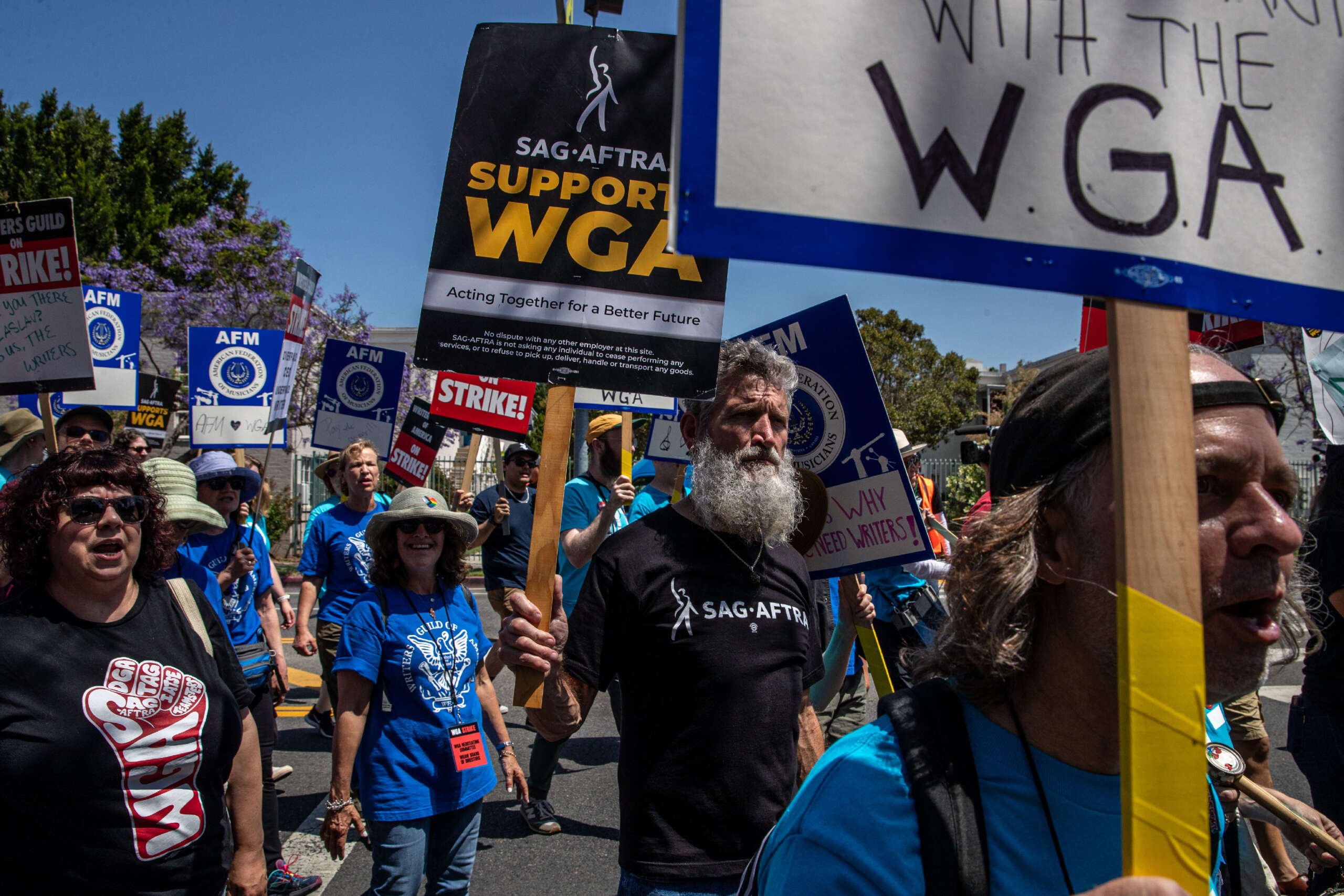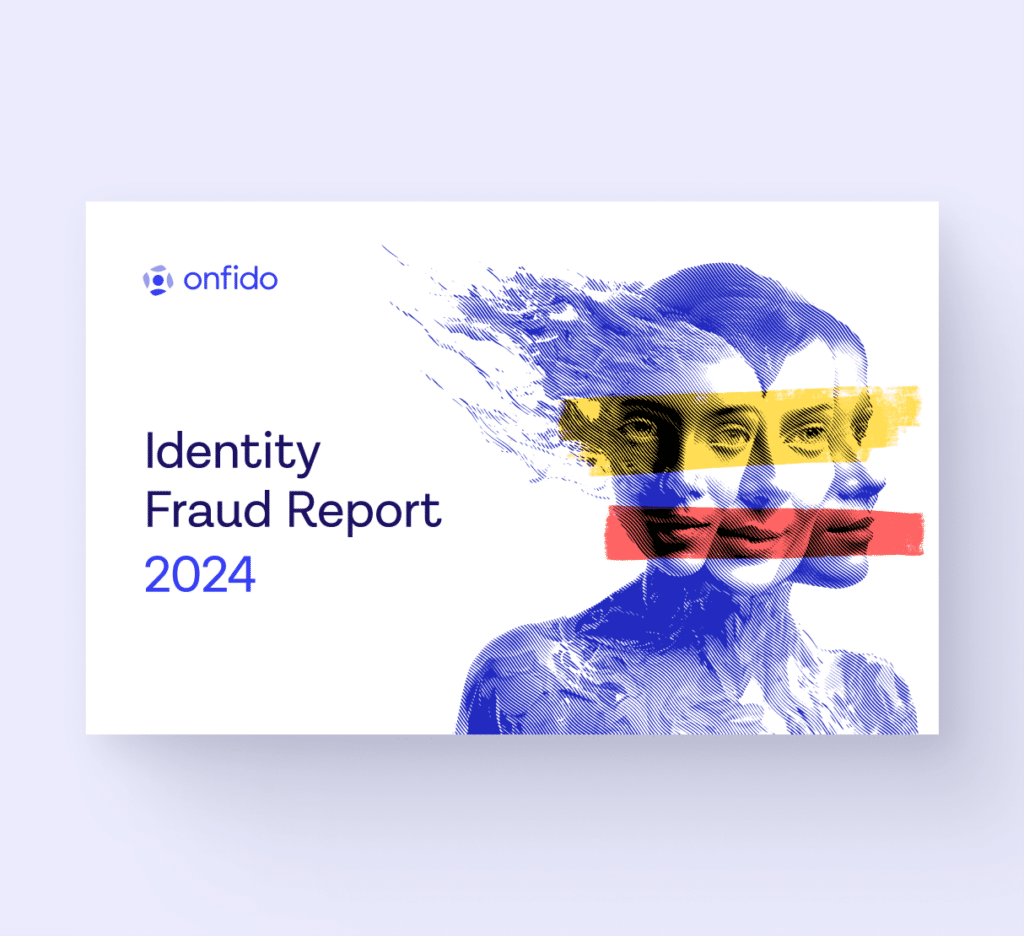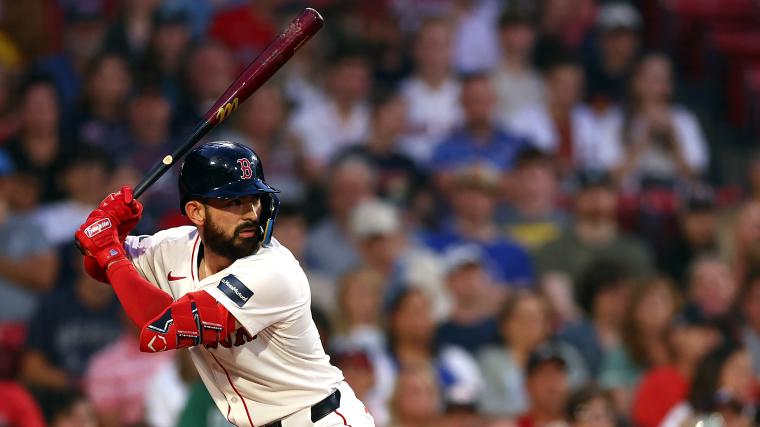Hollywood Shut Down: Writers And Actors On Strike — What It Means For Film And TV

Table of Contents
The Core Issues Fueling the Hollywood Strike
The Hollywood strike is not simply about money; it's about fundamental changes in the entertainment industry landscape and the need for fair compensation and creative control in the digital age. Two key issues are at the forefront: fair wages and residuals, and the rise of AI in creative work.
Fair Wages and Residuals in the Streaming Era
The shift from traditional media (network television and theatrical releases) to streaming has dramatically altered the compensation models for writers and actors. The old system of residuals—payments made to writers and actors each time their work is broadcast or shown—has been severely diminished in the streaming era. Streaming platforms often pay upfront fees, but these fees don't reflect the ongoing viewership and revenue generated by their content.
- Decreased residuals for streaming platforms: Unlike traditional television, where actors and writers received significant residuals for reruns and syndication, streaming deals often offer minimal or no residuals, regardless of a show's success.
- Demand for increased transparency in streaming revenue sharing: The unions are demanding greater transparency regarding the revenue generated by streaming platforms, arguing they deserve a fair share of the profits their work produces.
- The fight for a fair share in the success of their work: The core argument is that the success of streaming platforms is directly tied to the quality of the content created by writers and actors, and they deserve a more equitable share of that success.
This change in the revenue model has significantly impacted the livelihoods of many writers and actors, forcing them to take on multiple projects just to maintain a stable income. The traditional model offered a level of security; the streaming model has introduced significant financial instability.
The Rise of AI and its Impact on Creative Work
Another major point of contention is the increasing use of Artificial Intelligence in the entertainment industry. The WGA and SAG-AFTRA are concerned about the potential for AI to replace human writers and actors, undermining their job security and creative control.
- Fear of AI replacing human writers and actors: AI-powered tools can generate scripts and create digital replicas of performers, raising concerns about job displacement and the devaluation of human creativity.
- Concerns about ownership and copyright of AI-generated content: The unions are seeking clear guidelines on ownership and copyright regarding AI-generated content, ensuring that human creators retain control over their work.
- Demands for safeguards against AI exploitation: They're demanding safeguards to prevent the exploitation of their work through AI, ensuring that their likenesses and creative contributions are not used without their consent or proper compensation.
The fear is not only about immediate job losses but also about the erosion of creative control and the potential for AI to homogenize creative output. The unions are pushing for regulations and agreements that protect the rights and livelihoods of human creators in the age of AI.
The Ripple Effects of the Hollywood Strike
The Hollywood strike is not confined to the sets and studios; its effects are rippling throughout the entire entertainment ecosystem.
Production Delays and Project Cancellations
The strike has brought numerous film and television productions to a complete halt. This has led to:
- Major productions put on hold: Many high-profile movies and TV shows are indefinitely delayed.
- Delayed release dates for upcoming films and shows: Viewers can expect significant delays in the release of anticipated content.
- Financial implications for studios and production companies: The shutdown incurs substantial financial losses for studios and production companies, impacting their bottom lines and potentially leading to job losses beyond the striking workforce.
This also significantly impacts related industries, such as catering, transportation, location services, and countless other businesses that rely on the continuous operation of Hollywood productions.
Impact on Streaming Services and Content Release
The strike has significantly impacted streaming services, jeopardizing their content pipeline and potentially leading to subscriber churn.
- Delayed release of new seasons and original content: Streaming platforms are facing a shortage of new programming, with many shows delayed indefinitely.
- Potential subscriber churn due to lack of new programming: Viewers may cancel their subscriptions if they don't have new content to watch.
- Financial losses for streaming giants: The lack of new content directly impacts the revenue of streaming giants, potentially affecting their stock prices and overall profitability.
This disruption could reshape the streaming landscape, forcing platforms to reconsider their content strategies and potentially leading to increased investment in other types of content or a renewed focus on licensing existing material.
Potential Outcomes and Long-Term Implications
The outcome of the Hollywood strike will significantly impact the future of the entertainment industry.
Negotiation Outcomes and Their Impact
Several potential scenarios exist:
- Compromise agreements: The unions and studios might reach a compromise agreement, addressing some of the key issues but potentially leaving some unresolved.
- Prolonged strikes: The strike could drag on for months, leading to further production delays and financial losses.
- Potential changes in industry practices: The strike could lead to significant changes in industry practices, including new compensation models and regulations surrounding the use of AI.
The specific details of any agreement will profoundly impact the working conditions and compensation of writers and actors for years to come.
The Future of Creative Work in the Digital Age
The Hollywood strike highlights broader concerns about the future of creative work in the digital age.
- The need for evolving compensation models: The current system is clearly inadequate for the digital landscape, necessitating the development of more equitable compensation models.
- Strengthening labor rights and protections for creative professionals: The strike underscores the importance of strong unions and labor protections for creative workers in an increasingly precarious industry.
- The role of unions in the future of the entertainment industry: The strike demonstrates the crucial role unions play in advocating for the rights and livelihoods of creative professionals.
The long-term effects will likely involve a re-evaluation of the relationship between studios, streaming platforms, and the creative professionals who generate their content.
Conclusion
The Hollywood shutdown, fueled by the WGA and SAG-AFTRA strikes, represents a pivotal moment for the film and television industry. The core issues—fair wages, residuals in the streaming era, and the ethical use of AI—are not simply labor disputes; they reflect a broader conversation about the future of creative work in the digital age. The outcome of these negotiations will have profound and lasting consequences, reshaping the landscape of film and television production and the relationship between creative professionals and the entertainment industry. Staying informed about the ongoing Hollywood strike and its developments is crucial for anyone invested in the future of film and television. Understanding the complexities of this writers strike and actors strike, and their combined impact, will be key to navigating the evolving entertainment industry. Follow the news closely to stay abreast of the latest developments in this significant film industry strike.

Featured Posts
-
 Pandemic Fraud Lab Owner Convicted For Falsified Covid Test Results
Apr 28, 2025
Pandemic Fraud Lab Owner Convicted For Falsified Covid Test Results
Apr 28, 2025 -
 Tiga Warna Baru Jetour Dashing Dipamerkan Di Iims 2025
Apr 28, 2025
Tiga Warna Baru Jetour Dashing Dipamerkan Di Iims 2025
Apr 28, 2025 -
 Red Sox Lineup Adjustment Coras Minor Changes For Game 1
Apr 28, 2025
Red Sox Lineup Adjustment Coras Minor Changes For Game 1
Apr 28, 2025 -
 Tariffs Delay Dows 9 B Alberta Megaproject Economic Fallout
Apr 28, 2025
Tariffs Delay Dows 9 B Alberta Megaproject Economic Fallout
Apr 28, 2025 -
 Thnyt Qayd Eam Shrtt Abwzby Llmnawbyn Khlal Jwlt Tfqdyt
Apr 28, 2025
Thnyt Qayd Eam Shrtt Abwzby Llmnawbyn Khlal Jwlt Tfqdyt
Apr 28, 2025
